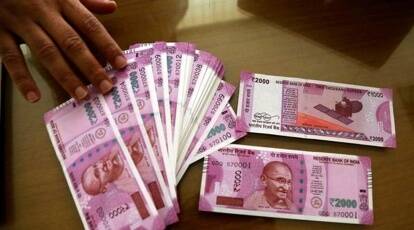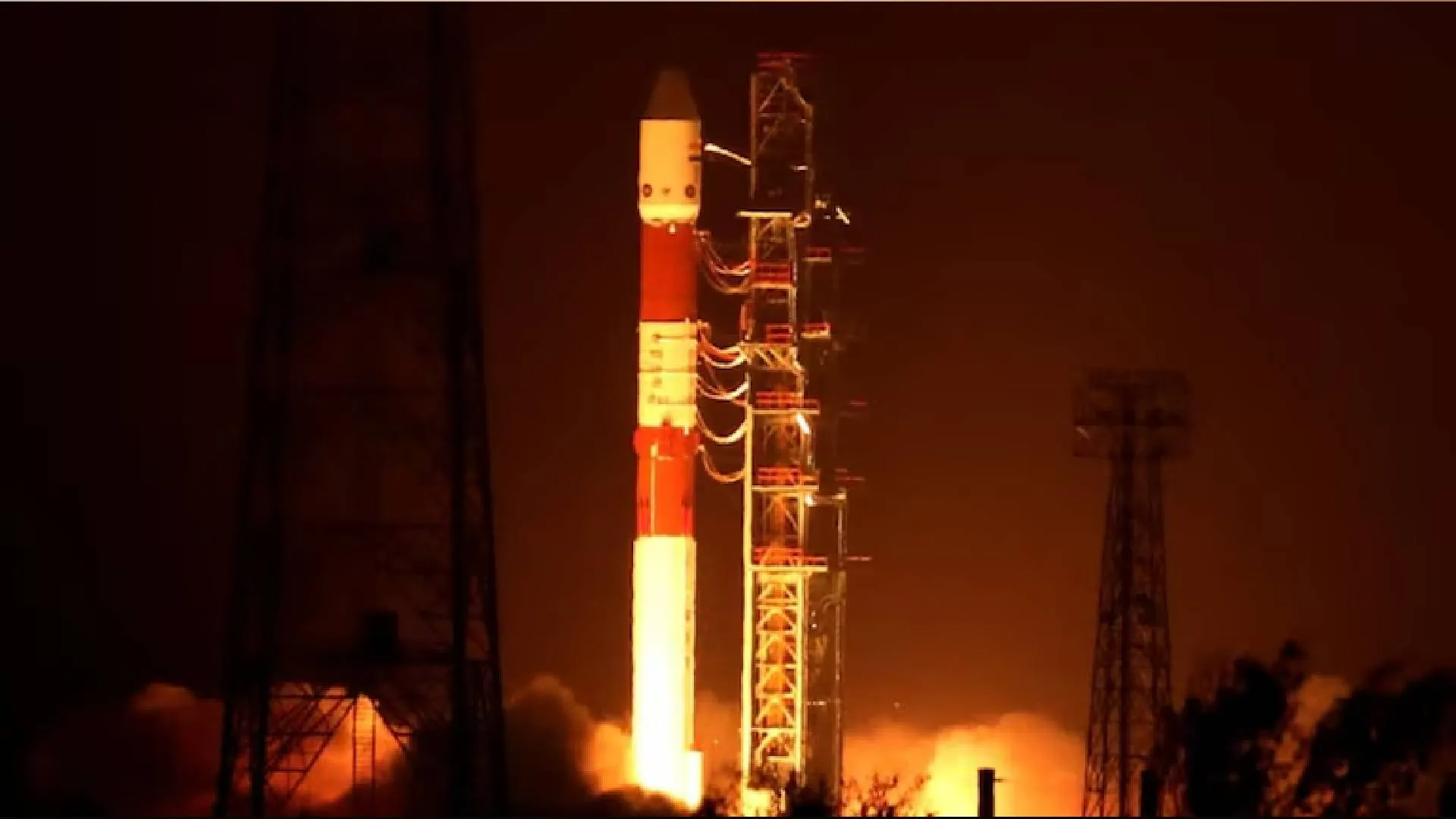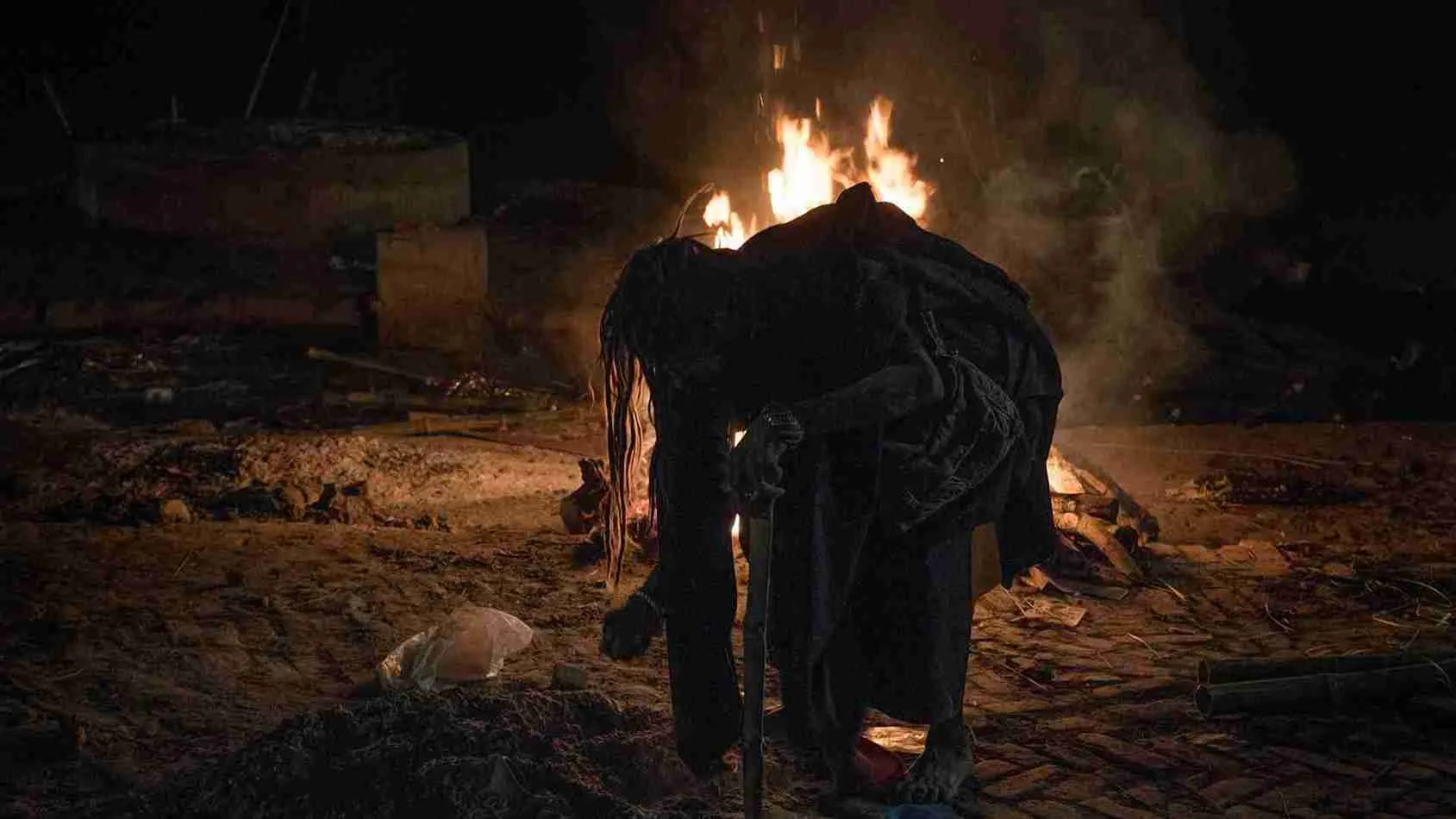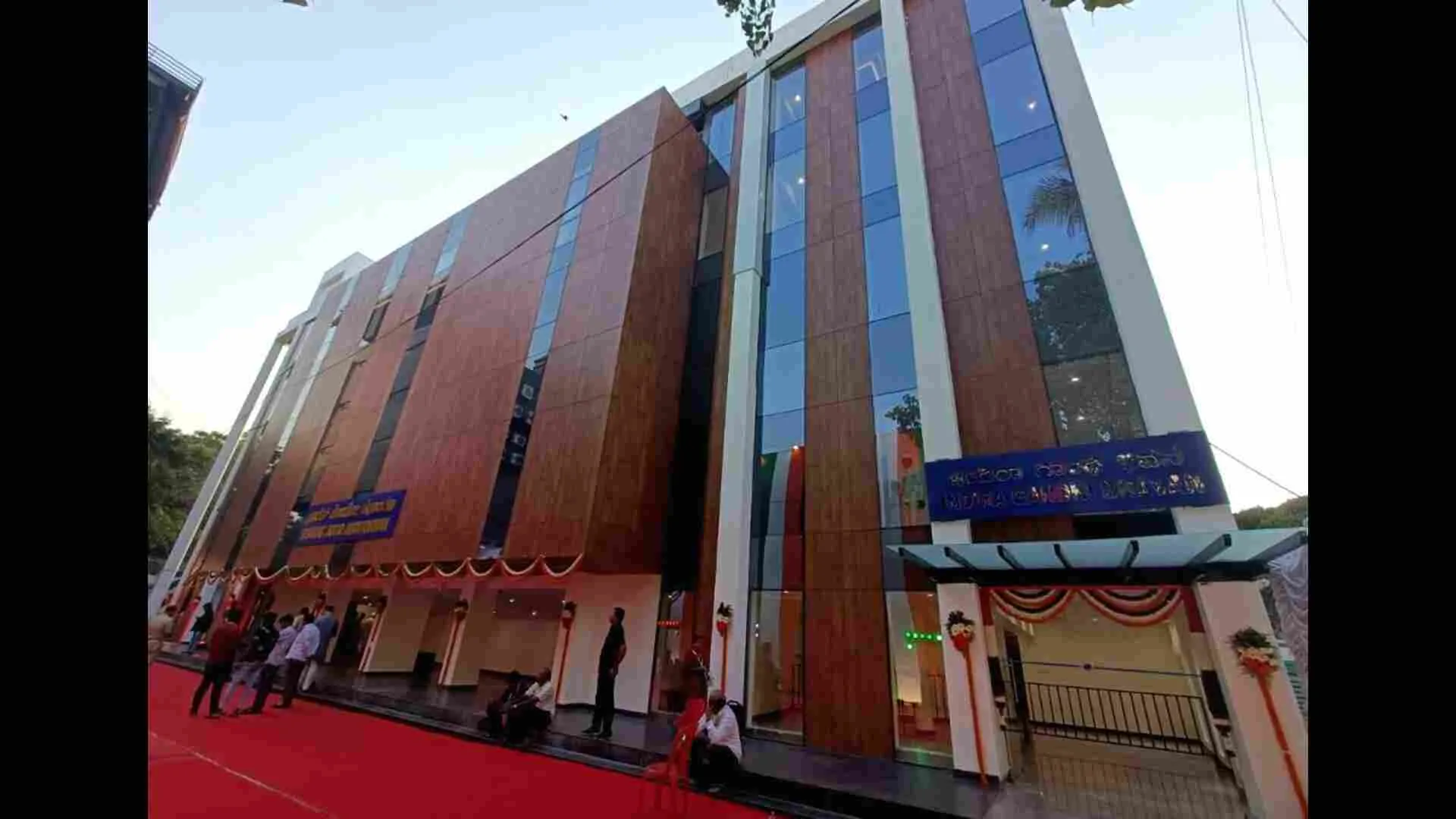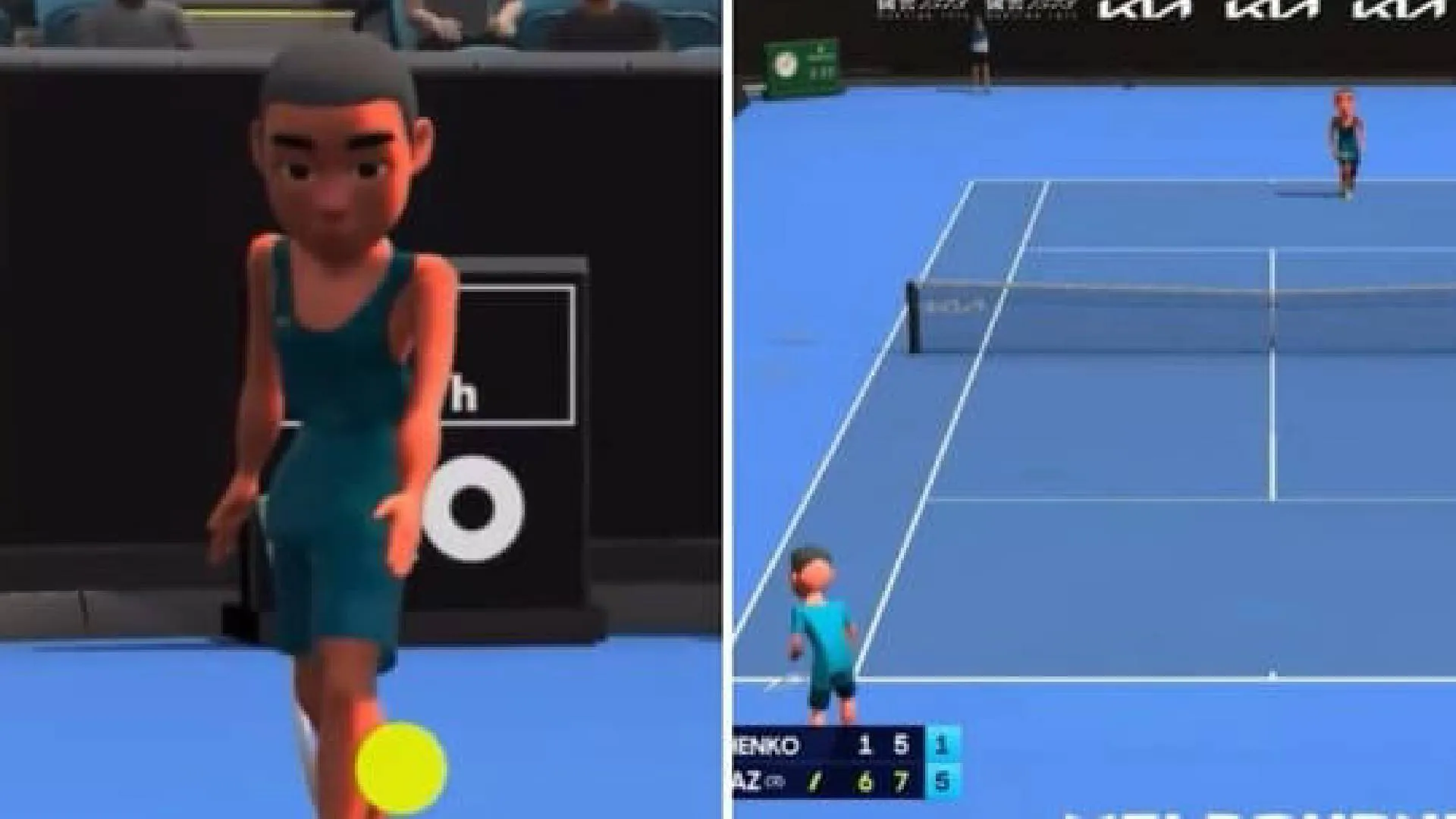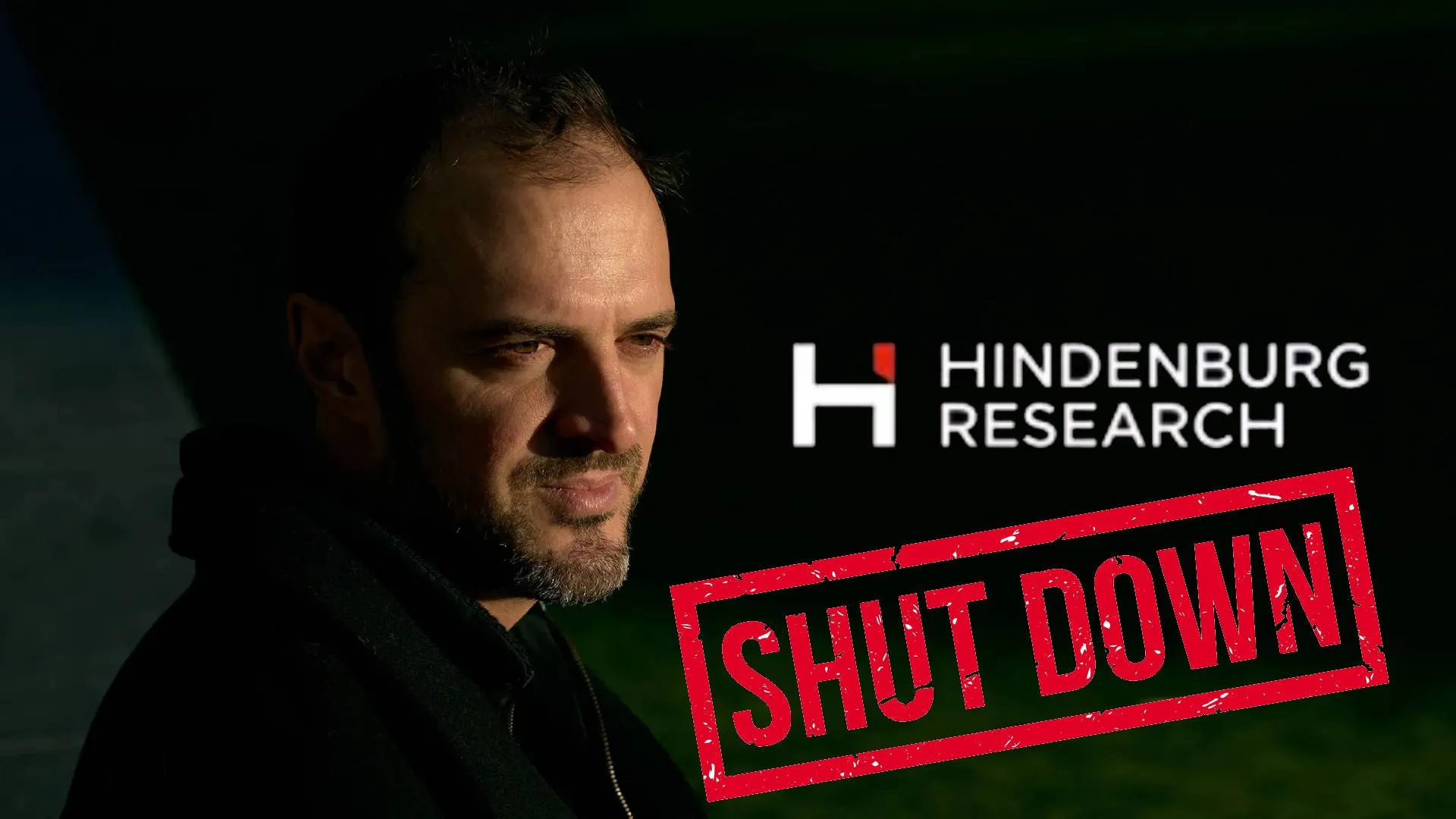New Delhi: The Reserve Bank of India (RBI) on Tuesday told the Delhi High Court that withdrawal of Rs 2000 notes is not demonetisation but a statutory exercise, and the decision to enable their exchange was taken for operational convenience.
The court was hearing a plea by lawyer Ashwini Kumar Upadhyay that the notifications by the RBI and SBI enabling exchange of Rs 2000 banknotes without proof were arbitrary and against the laws enacted to curb corruption.
A bench of Chief Justice Satish Chandra Sharma and Justice Subramonium Prasad said it will an pass appropriate order on the public interest litigation by the lawyer.
“We will look into it. We will pass an appropriate order,” said the court.
Upadhyay clarified that he was not challenging the decision to withdraw Rs 2000 banknote but assailed the exchange of the currency without any slip or identity proof.
He asserted that the exchange of Rs 2000 banknote should be allowed through deposit in bank account.
“Why is ID proof excluded? Every poor has a Jan Dhan account. BPL persons are also connected to bank accounts,” Upadhyay said while claiming that the present arrangement would only enable mafias and gangsters like “Atiq Ahmed’s henchmen” as well as Naxals.
Senior advocate Parag P Tripathi, for the RBI, emphasised that the court cannot interfere in such matters and the decision was taken to allow exchange of the Rs 2000 currency note for operational convenience.
On 19 May, the Reserve Bank of India (RBI) had announced withdrawal of Rs 2,000 currency notes from circulation, and said existing notes in circulation can either be deposited in bank accounts or exchanged by September 30.
The bank notes in Rs 2,000 denomination will continue to be a legal tender, the RBI said in a statement.
In order to ensure operational convenience and to avoid disruption of regular acti\
vities of bank branches, the RBI has said exchange of Rs 2,000 bank notes into bank notes of other denominations can be made up to a limit of Rs 20,000 at a time at any bank starting from May 23.
In a communication to chief general manager of all its local head offices, State Bank of India (SBI) informed that the facility of exchange of Rs 2,000 notes by public up to a limit of Rs 20,000 at a time will be allowed without obtaining any requisition slip.
“Further, no identity proof is required to be submitted by the tenderer at the time of exchange,” the communication dated 20 May said.

